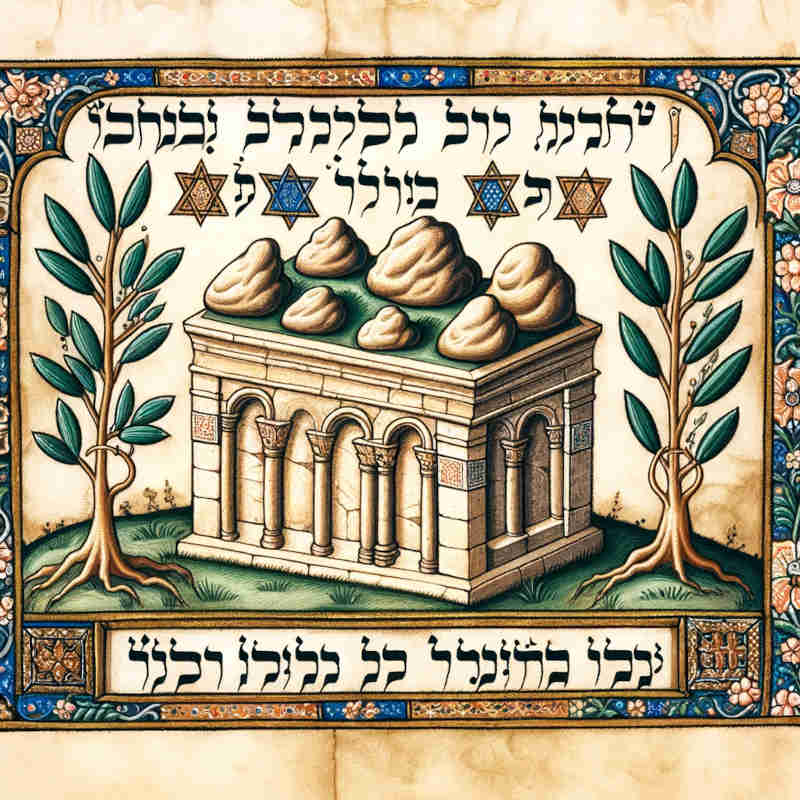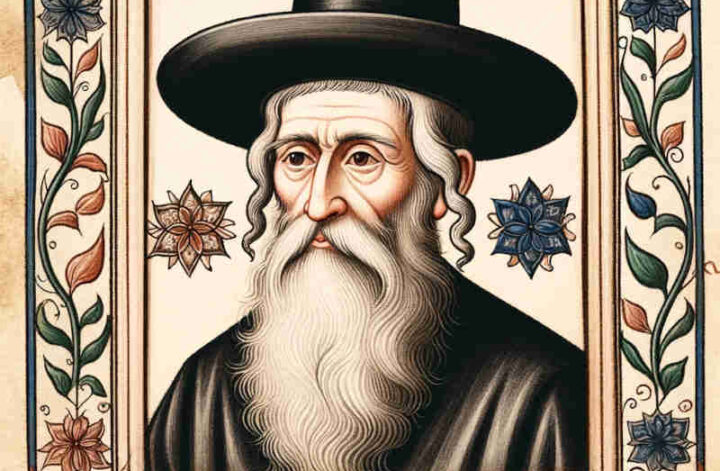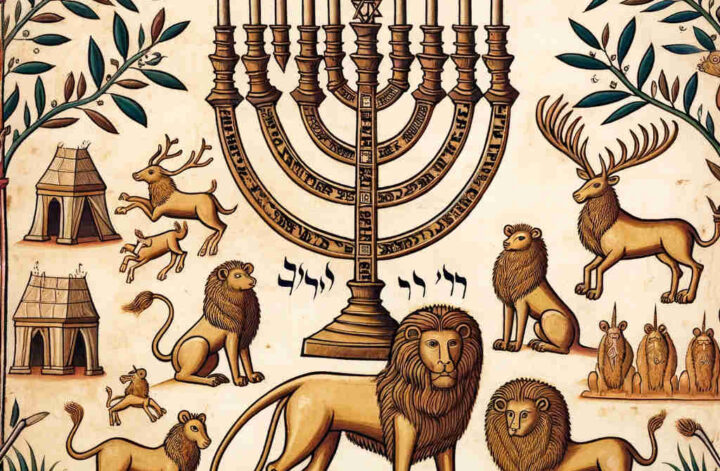Understanding Jewish Burial Practices and Cremation
Email from Isaac Feldman: “Dear Rabbi Joshua, I have noticed a growing trend of cremation in many cultures. What is the Jewish stance on cremation, and is it considered an acceptable practice?”
Response from Rabbi Joshua
Shalom Isaac, you’ve touched on a subject that is indeed quite sensitive and significant within Jewish law and tradition. Let’s address the issue of cremation from a Jewish perspective.
Traditional Jewish Burial Practices
In traditional Jewish practice, cremation is generally prohibited. Jewish law (Halacha) emphasizes the sanctity of the human body and requires that it be returned to the earth through burial. This practice is rooted in the Torah, which contains the commandment for burial and views it as an act of respect for the deceased, who is created in the image of God.
Reasons for Prohibition of Cremation
The prohibition against cremation is based on several reasons. One is the belief in the eventual resurrection of the dead (Techiyat Ha-Metim), a core principle of Jewish faith. Traditional sources view burial as a prerequisite for resurrection. Additionally, cremation is seen as an act of destruction of the body and thus a violation of its sanctity.
Modern Perspectives and Practices
While traditional Judaism is clear in its opposition to cremation, there are Jews who, for various personal or ideological reasons, choose cremation. This is more common among secular or less traditional Jews who do not adhere strictly to Halacha. Some may see it as a personal choice or as an environmental consideration, among other reasons.
Community Responses to Cremation
Jewish communities and authorities often engage in education about traditional burial practices and the reasons behind them, encouraging adherence to these customs. However, the reality of varying practices is acknowledged, and responses to it can range from acceptance to efforts at persuasion towards traditional burial.
Conclusion
Isaac, while cremation is not in line with traditional Jewish law and practice, individual beliefs and practices vary. The trend you’ve observed reflects broader cultural shifts and individual choices that exist within the diverse tapestry of Jewish life.
If you wish to discuss this further or have other questions regarding Jewish life and customs, please feel free to reach out.
With respect and understanding,
Rabbi Joshua


